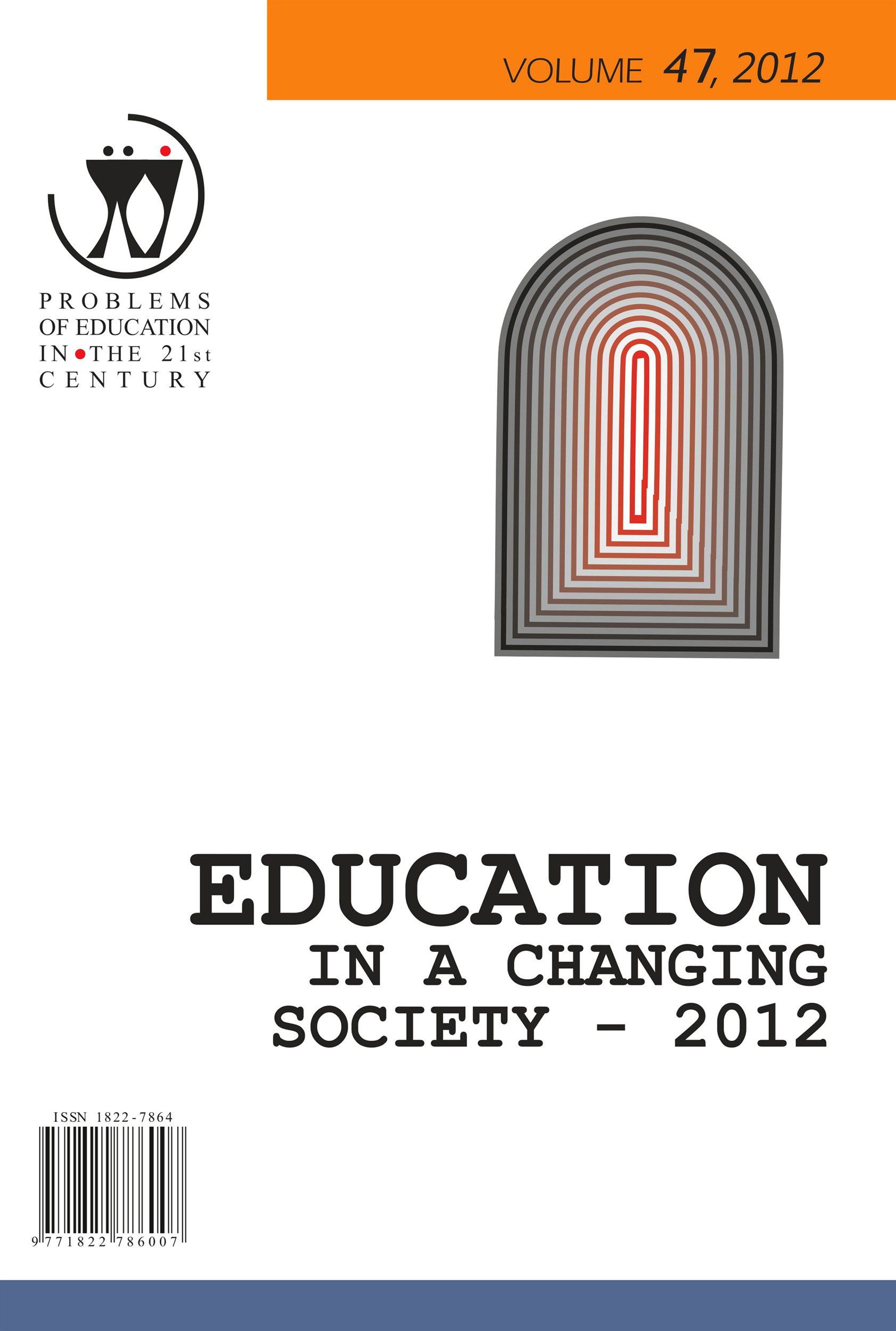HOW DO ANIMALS SPEND THE WINTER? A FINNISH STUDY ON THE USE OF VEE HEURISTICS IN A BIOLOGY UNIT FOR EIGHTH GRADERS
HOW DO ANIMALS SPEND THE WINTER? A FINNISH STUDY ON THE USE OF VEE HEURISTICS IN A BIOLOGY UNIT FOR EIGHTH GRADERS
Author(s): Sirpa KärkkäinenSubject(s): Social Sciences, Education, School education
Published by: Scientia Socialis, UAB
Keywords: biology education; environmental education; secondary school; Vee heuristics; winter ecology;
Summary/Abstract: The purpose of this study was to describe the eighth graders’ (N=92) biology learning process and the use of Vee heuristics in six Finnish secondary school classes (age 13-14 years). The teaching unit “How do animals spend the winter?” had an inquiry-based approach by using Vee heuristics. Part of the learning took place in the local Science museum. In this study, Vee heuristics consisted of ten questions related to three different phases; the planning, implementation and evaluation phases. In the planning phase, pupils were interested in animals’ nutrition and external features. In the evaluation phase, pupils made broader generalizations about animals’ behavioural and structural adaptations to winter. They compared, contrasted and evaluated the environmental effects on the ways in which animals have adapted to winter and highlighted the biotic elements in the winter ecosystem. In the planning phase, pupils had multiple goals in their value claims and they reported a sense of independence and dedication during the learning process. Results indicate that Vee heuristics could be considered to be a tool for improving the learning process in pupils. In biology it encouraged learning for understanding, engagement, enjoyment, independence and self-efficacy.
Journal: Problems of Education in the 21st Century
- Issue Year: 47/2012
- Issue No: 1
- Page Range: 69-90
- Page Count: 22
- Language: English

